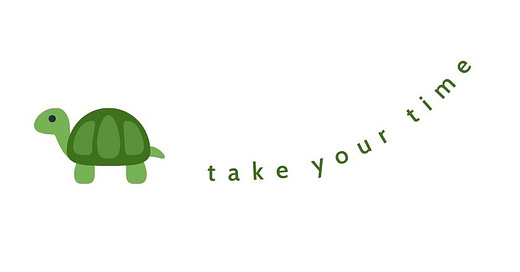Since the beginning of this year, I’ve been playing with some related ideas: interruptions and expectations, care tasks, and help desk/admin time. I didn’t make the connection between what I was doing at work and the concept of “doing laundry” until my colleague Martha Zink wrote this piece about Laundry Time at work (h/t to Rae Katz’s essay, which instigated this line of thought about laundry). Now that the pieces have “clicked,” I can’t un-see the strength of the metaphor.
For instance:
Laundry doesn’t feel like “the point” of life; it feels more like a distraction.
Laundry can be scheduled, or it can happen spontaneously, but if you don’t make time for it, you’ll find your system suddenly grinds to a halt when you don’t have clean clothes – or they’re clean and heaped on the bed, preventing you from going to sleep.
Laundry is a continuous need. You can “check it off” but more will arise before long.
Doing laundry has a slow pace and doesn’t require deep critical or creative thinking. It can be slightly optimized, but only within limited parameters. Ultimately washing, drying, folding, and putting away laundry are things that take the time they take.
Having to fold a heap of clothes is aggravating when I wish I was doing something else or I’m rushing to be somewhere else. When I sit down with intention and time to do laundry, it can be a peaceful and energizing break from the rest of life, allowing me to feel an easy sense of accomplishment without a lot of effort.
The idea I was struggling to identify, name, and schedule – the heap of “administrative tasks” that are draining and annoying when they’re jammed between other parts of my day – fit the same pattern. Work – going to meetings, running projects, coordinating a team – inevitably generates “work laundry.” When we pretend these tasks don’t exist or don’t take up time, they’re frustrating.
However, when I allocated time to them, I discovered:
“Overall these were remarkably energizing time slots, especially considering that I previously thought of the tasks as draining and frustrating. By grouping them together into ‘easy’ time towards the end of my work day, I felt accomplished and on top of things. It also helped me focus and get more done during the rest of the day.”
There’s a broader implication here: a healthy life may not just require “work-life” balance, but also “work intensity” balance. Historically, my work style has been either “flat-out intensive effort” or “vacation,” and I find that I get pulled into cycles of effort, collapse, and recovery. It’s been hard for me to find a pattern that’s enjoyable and sustainable.
Work laundry isn’t nearly as seductive or thrilling as high-intensity work, but it’s both necessary and beneficial. Perhaps the solution isn’t “more vacation,” but rather, intentionally making time for a type of work that’s gentle and low-intensity.





Funny to find this post buried in my inbox during a "gentle and low-intensity" (and *extremely* satisfying) work day!
"healthy life may not just require work-life balance, but also work intensity balance." 🔥🔥🔥🌶️🌶️🌶️